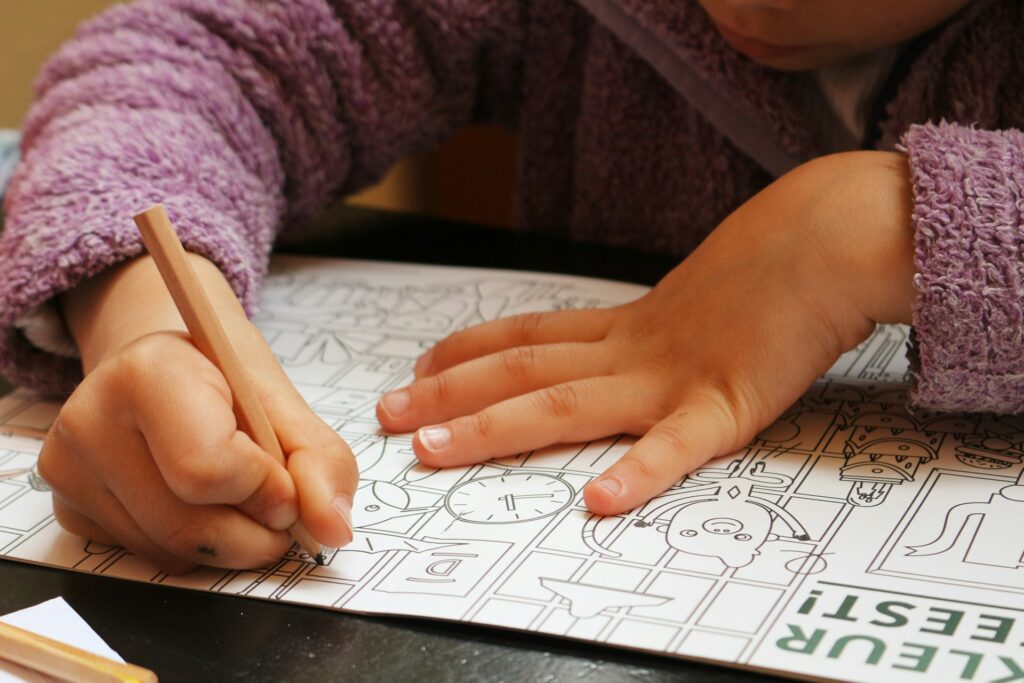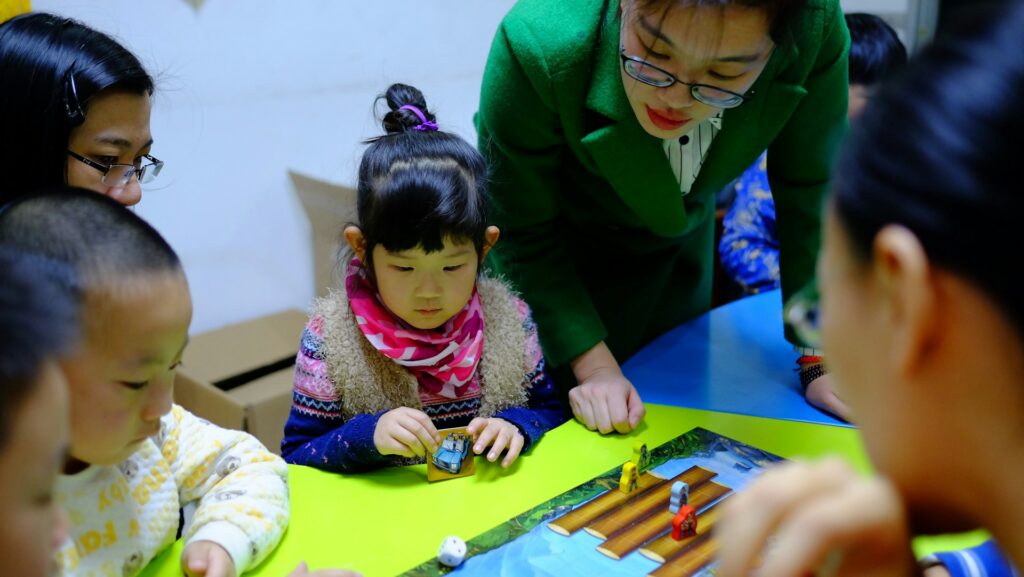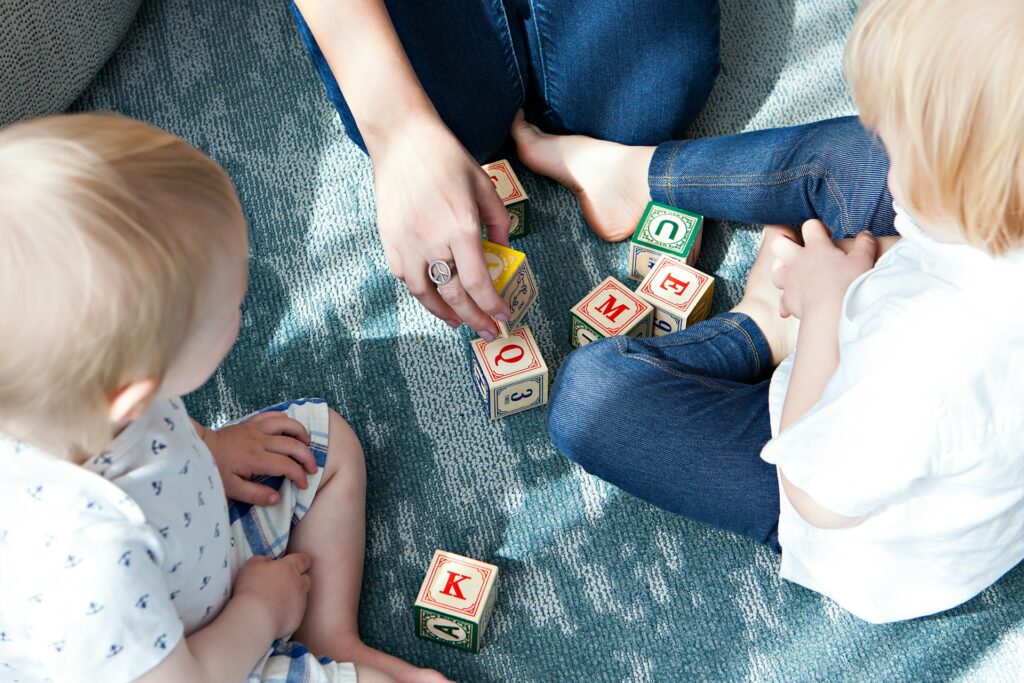Childhood emotional neglect happens when a child’s emotional needs are repeatedly overlooked or dismissed, even if their physical needs like food, clothing, and shelter are met. It often leaves no visible signs but shapes how a person responds to stress, relationships, and life challenges. Many people who grew up in such environments appear highly capable and resilient as adults, yet some of their strengths began as coping mechanisms. These behaviors are not inevitable results of neglect, but they are common patterns. They often carry both benefits and hidden emotional costs, and with awareness, they can be adapted into healthier forms.
1. Extreme Self-Reliance

When children grow up without consistent emotional support, they learn behaviors of relying on others may not lead to comfort or understanding. Over time, this fosters a deep habit of self-reliance. In adulthood, this looks like remarkable independence, the ability to solve problems alone, and confidence in one’s own judgment. They often take pride in never needing to ask for help, but the same independence can become a barrier to connection. Not being able to lean on trusted people during hard times can lead to emotional isolation and make intimate relationships more difficult to maintain. Recognizing the difference between healthy independence and avoidance is a key step in finding balance.
2. Exceptional Problem-Solving

Many who experienced emotional neglect sharpened their analytical and practical behaviors from a young age because they had to handle challenges without guidance. This ability carries into adulthood as exceptional problem-solving skills. They are often able to quickly identify obstacles, evaluate solutions, and act decisively. This skill is highly valued in careers and crisis situations. However, an overemphasis on fixing situations can come at the expense of processing emotions. They may focus on logic while overlooking the need to acknowledge and address how situations make them feel, which can result in emotional disconnection from themselves and others.
3. High Work Ethic and Perfectionistic Drive

A strong work ethic is common in adults who were emotionally neglected, as many learned that achievements were the only way to gain recognition or approval. They often throw themselves into tasks with intense dedication, sometimes to the point of perfectionism. This can lead to behaviors that highlight impressive career success, but it also carries risks. Without boundaries, the need to perform at a high level can cause burnout, chronic stress, and an inability to rest without guilt. Striving for excellence is positive, but when it becomes tied to self-worth, it can be exhausting and unsustainable.
4. Emotional Independence, With Hidden Costs

Growing up without caregivers who could offer comfort teaches children to manage their behaviors and emotions internally. As adults, this shows up as emotional independence. They rarely share struggles, preferring to handle their feelings alone. In some contexts, this resilience is a strength, as it helps them stay composed in difficult situations. However, it can also make it hard to experience emotional closeness. Relationships may suffer because partners or friends feel shut out. Over time, this can lead to a sense of loneliness even in the presence of others.
5. Sharp Observational Skills

Children in neglectful households often become highly observant of the people around them. This awareness helps them detect changes in tone, mood, or behavior that might signal trouble. As adults, this makes them perceptive and quick to read social situations. This skill is valuable for navigating complex work environments and social dynamics. However, being constantly alert can create a state of hypervigilance. Instead of enjoying social interactions, they may spend energy scanning for signs of danger or rejection, which can heighten anxiety and fatigue.
6. Calm Under Pressure

Those who faced emotional neglect often had to stay calm during stressful events because no one was there to guide or comfort them. Over the years, they learned to suppress outward reactions and think clearly under pressure. In adulthood, this ability makes them dependable in emergencies and able to manage crises effectively. Yet the same composure can hide unresolved tension and stress. The body still experiences the effects of pressure, and without healthy outlets, it can take a toll on long-term health and well-being.
7. Overachievement With an Empty Aftertaste

Overachievement is another common trait in people who grew up with emotional neglect. They often believe they must prove their worth through accomplishments. This mindset can drive them to set ambitious goals and work tirelessly to meet them. While these efforts can lead to success, the feeling of satisfaction is often short-lived. They may immediately move on to the next challenge without celebrating their progress, leaving them in a cycle of striving without fulfillment.
8. Strong, Sometimes Rigid Boundaries

Having experienced a lack of emotional safety, many adults who faced childhood emotional neglect create firm personal boundaries to protect themselves. These boundaries can prevent exploitation and help maintain self-respect. However, when boundaries become too rigid, they limit behaviors like emotional closeness. Opportunities for deep trust and vulnerability may be missed because letting someone in feels risky. Learning to adjust boundaries to the context can help balance safety with connection.
9. Self-Motivation and Reluctance to Rely on Others

Without much encouragement growing up, many emotionally neglected children learn to motivate themselves. In adulthood, this inner drive helps them set and reach goals without external prompting. While self-motivation is valuable, it can also make them reluctant to accept help or collaborate. They may see asking for assistance as weakness, even when working with others could produce better outcomes. This can limit teamwork and leave them carrying more weight than necessary.
10. A Strong Sense of Responsibility

Many people who experienced emotional neglect took on adult responsibilities early in life, sometimes caring for themselves or siblings without much support. This fosters a strong sense of duty and reliability in adulthood. They are trusted to follow through on commitments and often step in to help others. However, this habit can lead to taking on too much, leaving them feeling drained. Balancing responsibility with self-care is essential to prevent chronic stress and emotional exhaustion.
Important Notes on Accuracy and Limits

These traits are tendencies, not fixed outcomes. Childhood emotional neglect is one pathway that can lead to these behaviors, but genetics, personality, culture, and later life experiences all influence how someone develops. Some people may show several of these traits, others only one or two. Recognizing them is a first step toward making them work for rather than against long-term well-being.
What Helps Recovery

Awareness is essential for change. Begin by identifying which patterns apply to you and how they affect your relationships, work, and self-image. Practice expressing emotions in small, safe ways, and challenge the belief that asking for help is weakness. Develop self-compassion by celebrating progress, not just achievement. Therapy, particularly approaches focused on attachment and emotional regulation, can provide tools to replace survival-based habits with healthier ones. Healing is a gradual process, but with steady effort and supportive connections, it is possible to keep the strengths gained from adversity while letting go of the parts that cause harm.
Read More: Emotional Wounds Many Adults Carry From Childhood & 10 Ways to Heal
Disclaimer: This article was created with AI assistance and edited by a human for accuracy and clarity.
Disclaimer: This information is not intended to be a substitute for professional medical advice, diagnosis or treatment and is for information only. Always seek the advice of your physician or another qualified health provider with any questions about your medical condition and/or current medication. Do not disregard professional medical advice or delay seeking advice or treatment because of something you have read here.

